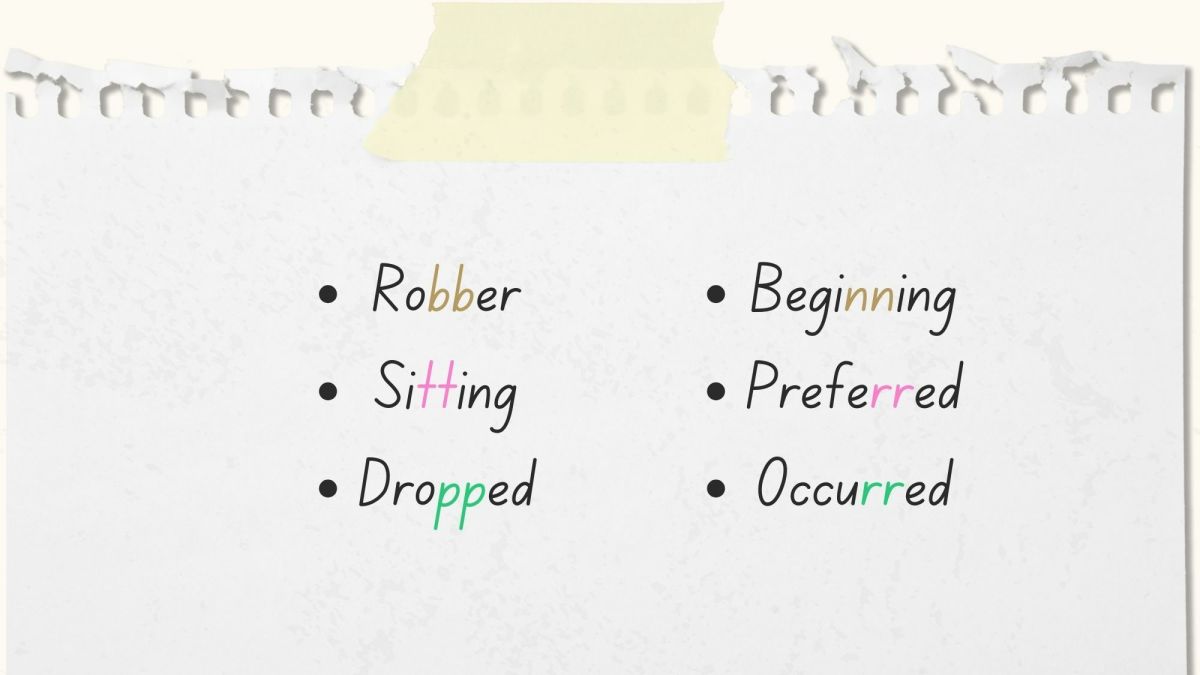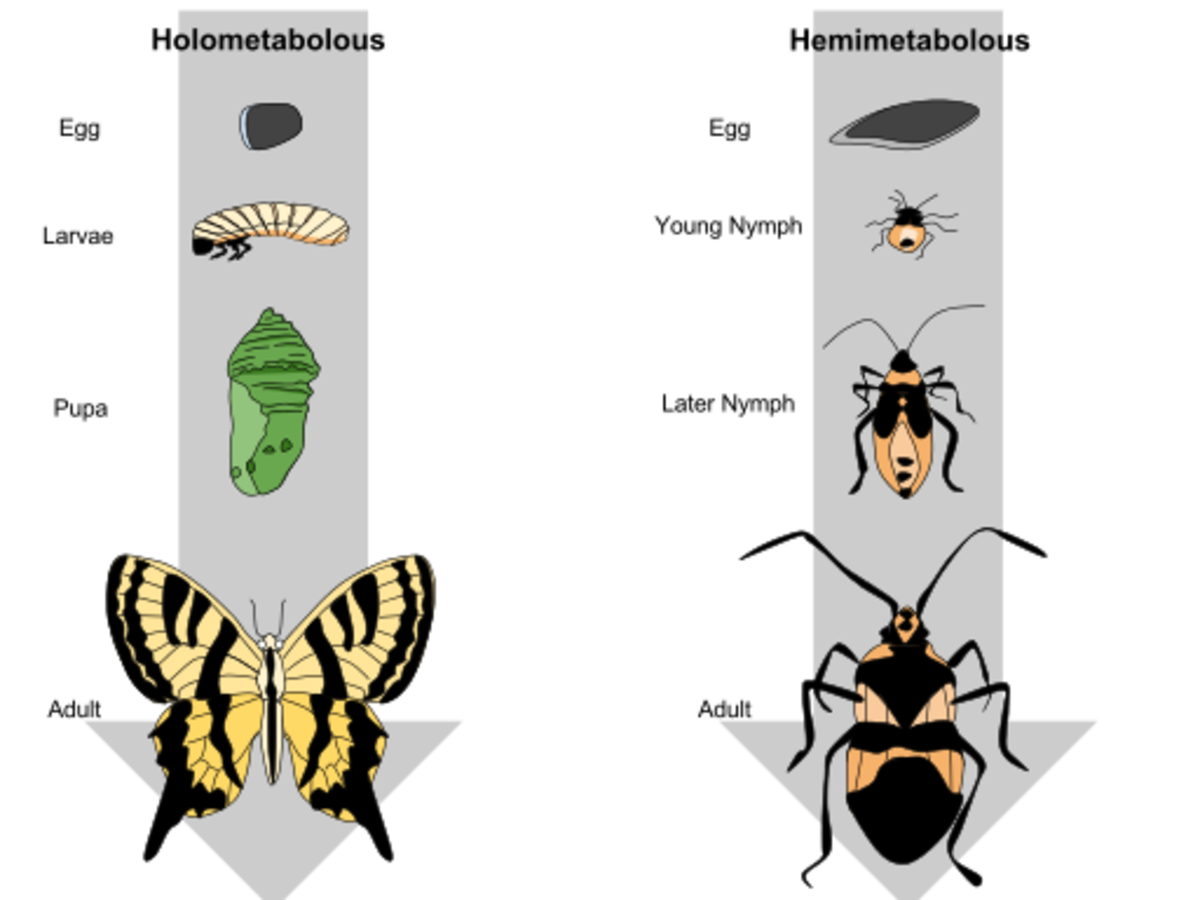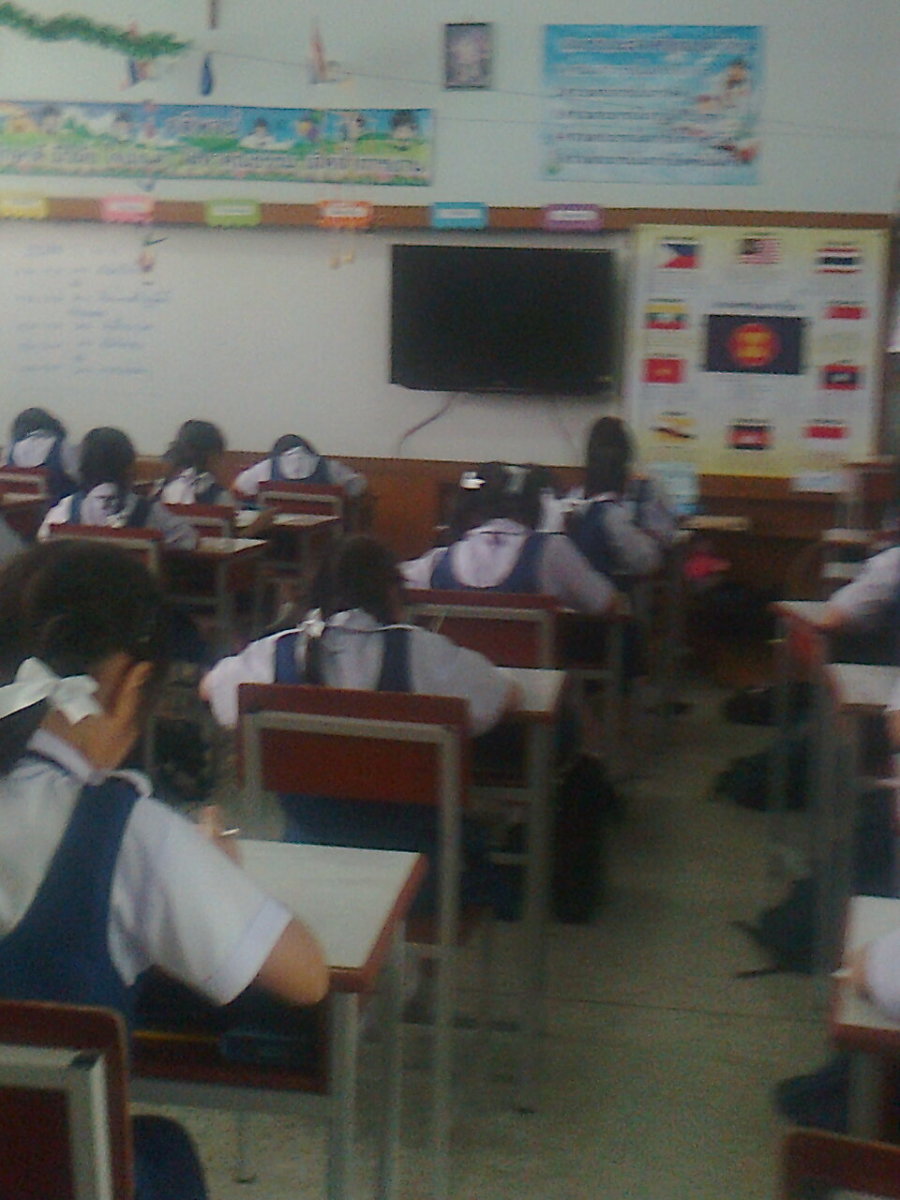A Fourth Grade Curriculum: Spelling
During the first week of school, there was no spelling test. The spelling curriculum got under way during week two. The children in my daughter's class were given a list of words to learn. There would be a test on Wednesday, and all those who did well would be exempted from retaking the test on Friday. Here is the list of words:
Week 2 Spelling List
- bluff
- left
- past
- step
- flat
- dock
- shelf
- pond
- cash
- blot
- plot
- heavy
- bell
- odd
- crunch
- shovel
- grim
- sum
- plum
- wealth
- hint
- band
- build
- mill
- snack
When I asked Sword to spell the words for me, she had no difficulty. She was able to spell each word correctly on the first try, without hesitating or asking any questions. You might think that's a good thing, but I was concerned. When it came to the word "sum" which she spelled "s-u-m" without pausing, I asked her: "But how do you know? Don't you want to ask me what it means first?
"No," she answered. "I already memorized the list."
This had me shocked. The spelling practice is not going to be of any help to my daughter in the real world if it's based entirely on memorizing this week's list.
In order to know if you've spelled a word correctly, it is not enough to know how it sounds and to associate the sound with the sequence of letters. You also have to know what the word means. After all, there are homonyms. The word might have been "some" rather than "sum".
Other words on the list that have homonyms are:
- plum/plumb
- past/passed
- build/billed
In order to help my daughter derive some real benefit from her spelling words, I will make it a practice to point out to her when a word on the list has a homonym. I will test her to see if she knows the meaning of each distinct spelling. Only then will knowing how to spell a word on the list translate into spelling correctly in context.
Most of the words on this first spelling list are very easy, because they are spelled phonetically. Words like "blot" and "plot" require no memory work, because anyone who knows the association of the letters and the sounds can work out their spelling.
Words on the Week 2 Spelling list that are not spelled phonetically are:
- heavy
- shovel
- wealth
These are very common words, and since Sword is a good reader, she knew them all. Nevertheless, it is still helpful to point out the roots of words that are not spelled phonetically so that the spelling of the root can be used to clue the student to the spelling of a whole word derived from that root.
I will point out to my daughter the following derivations:
- heavy contains the root h-e-a-v that is also found in heave.
- wealth contains the root w-e-al that is also found in weal.
- shovel contains the root s-h-o-v-e that is also found in shove.
Sword aced the test, as did all the other children in the class. The teacher allowed them all an extra ten minutes of recess on Friday. I think that is a very wise practice, because the children are kept indoors at their desks for entirely too long.
However, in order to challenge Sword to go beyond what she is expected to do at school, I will suggest that she also take a basic spelling test of 25 words from the national spelling bee website. Those words are much harder, and they come with a definition, an etymology and a sample sentence.









